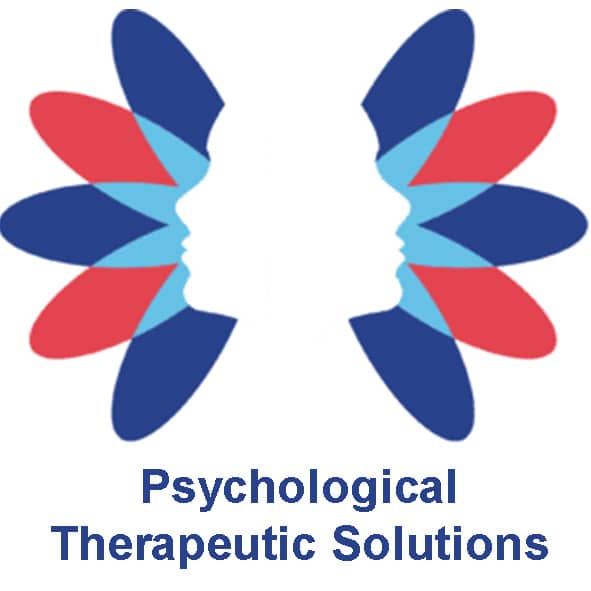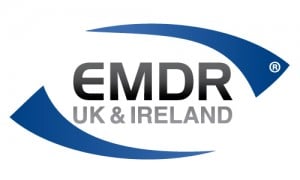The Impact of EMDR on Military Veterans with Conflict-Related Trauma
Navigating the Road to Recovery
As the director of Psychological Therapeutic Solutions this topic is close to my heart. I served with the RAF for 14 years, then my whole trade was made redundant. As a caterer, we were always deployed. But as a female, I was sent to the Falklands instead of the Middle East. My husband is still a serving member of the RAF. My son in law and nephew are members of the RAF.
The path to healing from the scars of war is a complex and deeply personal journey. For military veterans who have bravely faced the conflicts in Afghanistan, Iraq, and Northern Ireland, the aftermath often involves grappling with the invisible wounds of trauma. Even those who were stationed away from the centre of the conflict may not have escaped the harrowing traumas of war.
Eye Movement Desensitisation and Reprocessing (EMDR) therapy has emerged as a beacon of hope, offering a unique and effective approach to treat Post-Traumatic Stress Disorder (PTSD) and other trauma-related conditions. However, this approach is more commonly used the USA, for some reason our British Militray shy away from EMDR and asked NICE Guidelines to remove militray personnel from the PTSD guidelines.
Understanding EMDR and Its Significance for Veterans
EMDR is a psychotherapeutic technique that has shown significant promise in helping individuals process and heal from traumatic experiences. Unlike traditional talk therapy, EMDR focuses on the brain’s ability to constantly learn, utilising rhythmic eye movements to diminish the intensity of emotionally charged memories of past traumatic events.
For veterans, whose experiences often include prolonged exposure to life-threatening situations and the horrors of war, EMDR offers a way to confront these painful memories without the need for extensive discussion of the events, which can be re-traumatising.
Clinical Evidence of EMDR’s Effectiveness
Numerous studies have highlighted the effectiveness of EMDR in treating PTSD among military personnel. Research has shown that EMDR can significantly reduce the symptoms of PTSD, including flashbacks, nightmares, and anxiety. This is especially pertinent for veterans, as traditional PTSD treatments can sometimes be less effective for combat-related trauma.
The Therapeutic Process
In EMDR therapy, the veteran is asked to briefly focus on the trauma memory while simultaneously experiencing bilateral stimulation (typically eye movements), which is believed to aid the brain’s information processing system. The therapy involves a structured eight-phase approach that helps the individual process the memory and its associated emotions, beliefs, and physical sensations.
Personalising the Therapy to Veteran Needs
Effective EMDR therapy for veterans requires a therapist who understands the unique context of military service and combat. Therapists who are knowledgeable about military culture and the specific nature of warfare-related trauma can create a more empathetic and supportive environment, which is crucial for the therapy’s success.
Testimonials and Success Stories
The real-world impact of EMDR is best illustrated through the stories of those who have benefitted from it. Veterans of various conflicts, who once struggled with severe PTSD symptoms, have reported significant improvements in their mental health and overall quality of life after undergoing EMDR therapy. on our website you will find a testimony from a Royal Marine who completed many operational deployments to Iraq and Afghanistan.
Conclusion
For military veterans facing the daunting challenge of post-conflict trauma, EMDR therapy offers a path towards healing and hope. Its unique approach, combined with the expertise of a therapist who understands the military context, can make a significant difference in the lives of those who have sacrificed so much. EMDR stands as a testament to the human spirit and the potential to reclaim one’s life from the grips of trauma.
Call to Action: If you or a veteran you know is struggling with the aftermath of conflict-related trauma, we encourage you to explore the possibility of EMDR therapy.
For further guidance and support consider reaching out to Psychological Therapeutic Solutions. Contact us to explore personalised options for your healing process
















